When most fishermen decide to improve their fly casting skills, they generally share a similar rationale for doing so. Better casting, they reason, will make them better fishermen, which in turn will lead to their catching more fish. And in my experience as a teacher, this is exactly what happens. Better casters do catch more fish. So that’s a perfectly sound reason for wanting to improve. But is it the only one? Not for me. Not by a long shot. I’d like to offer up a different reason for improving—one rarely talked about these days—but which I believe is equally valid. How about becoming a better caster so that we increase our enjoyment of the process?
Take a few minutes and watch a good fly caster. What you’ll see is someone in complete and total control of their medium. You’ll feel the grace, the elegance and the beauty inherent in their smoothly unrolling line. Yes, good casting should be a matter for conscious enjoyment, celebration even, never something to be overlooked or dismissed as merely the mechanism by which we deliver our fly to a target. After all, isn’t it the casting itself that separates fly fishing from other forms of angling? If we can’t celebrate that, why fly fish in the first place? There are other, more efficient ways to bring fish to hand.
So I’m here to champion for the very real, tactile pleasures to be had from good casting. Ain’t nothing like ’em, and we should all have the chance to experience those pleasures. Sure, I want to catch fish as much as the next guy, but never by downplaying or ignoring the process behind that catching. I believe that when you can look out over the water, pick the spots you’d like to cover, and then deliver your fly precisely to those spots in precisely the way you want, well, that’s awfully rewarding. Rewarding in a way that can transcend the mere act of catching another fish. Rewarding enough that I continue to work on improving my own casting.
Hopefully, rewarding enough for you to do the same.

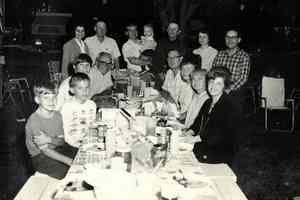









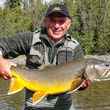

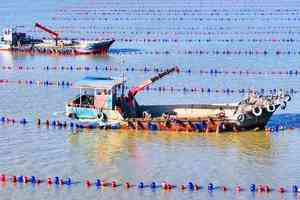







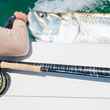





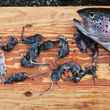

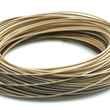
Comments
Mike Sepelak replied on Permalink
Perfectly true. And, when you stop having to focus on the mechanics of your cast, when you can just let it flow, let it be an extension of your breathing and your heartbeat, when you can turn it over to that internal subconscious metronome that carries you along, then you're free to properly enjoy all of the other wonders that surround you.
Or so I am told.
Steve Bossi replied on Permalink
Great insight into the fly fishing "process.". I think we all look forward to those days when the fly does, in fact, go where we want the way we want. I, for one, will kept working on the cast.
Simon Edwards replied on Permalink
I totally agree, when you put together a run of wonderful casts it makes the day, and if you manage to catch the fish as well one can return home with a huge smile and deservedly have that beer!
Tim Rolston replied on Permalink
I couldn't agree more, certainly better casting brings to hand more fish. But a perfect cast and a drag free drift is still a pleasure in its own right. The efficiency that good casting brings, the lack of hassle the reduction in time spent with trees and tangles all bring pleasure and reduce frustration. The simple pleasure of casting on a lawn when there is no fishing to be had shouldn't be ignored. To be a fly fisherman is to be a fly caster, you might as well be good at it and enjoy it.
Mark replied on Permalink
Nicely put, casting better makes the art of fly fishing a beautiful pastime. There are so many other areas one needs to work on, like water craft, wading, matching the hatch, leader building and others. Becoming better at casting will help but there are more pieces to the puzzle and it is these that take us to the water in the first place.
Gerald Mill replied on Permalink
John, for the life of me, I will never understand those good folks that give up the pleasure of the cast for a tenkara rod for all the fish it may be capable of duping. Can you help me here? What am I missing in Matthew's effusive embrace of Tenkara? I tried that rod 65 years ago on small creeks in Eastern Oregon in the form of a long newly cut willow with a Doc Shelton spinner and worm. What a killer combination for a kid with limited funds in need of more fish. Is there more to it than that? Jerry
Curtis Evans replied on Permalink
A friend, a WW2 vet, gave me some casting lessons. The years fell off him as he fairly danced and moved while casting. From the soles of his shoes, though his legs, torso on out his arm to the fly at the end of his line, all moved with a power and grace that was amazing to behold. I can only hope..,
Pages